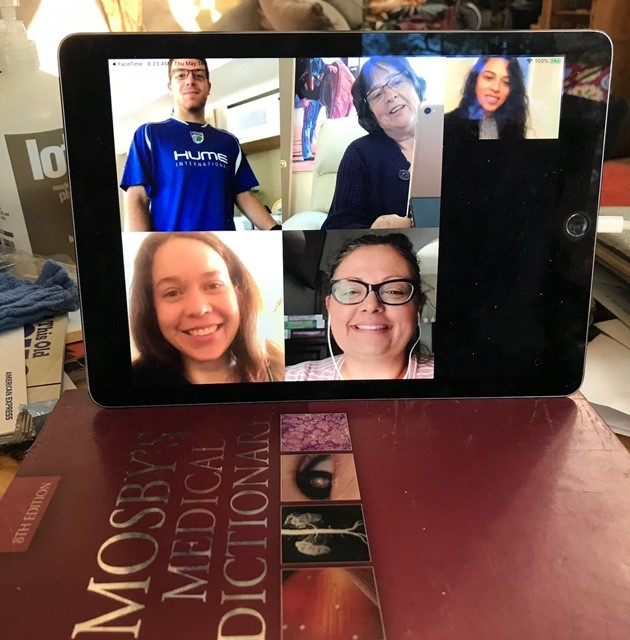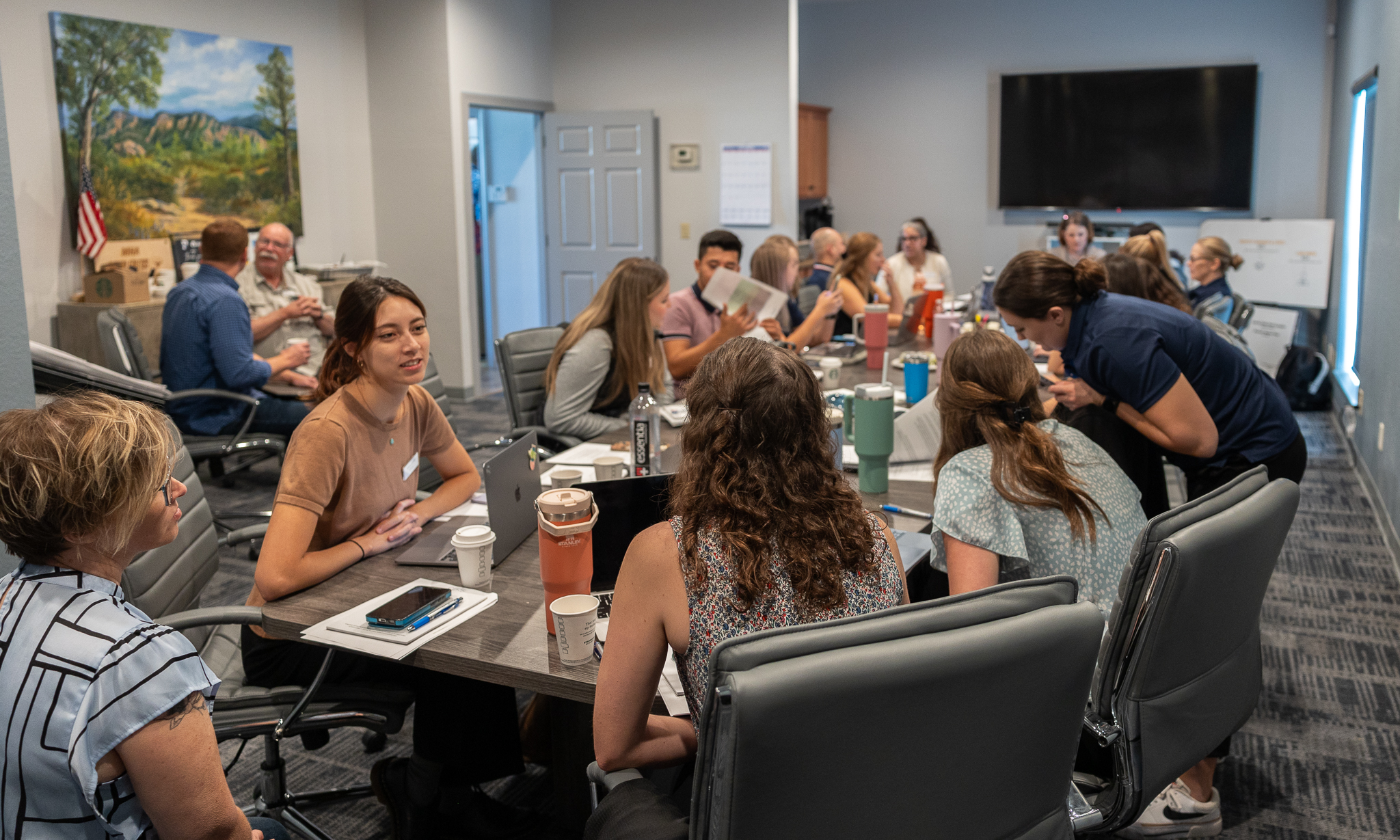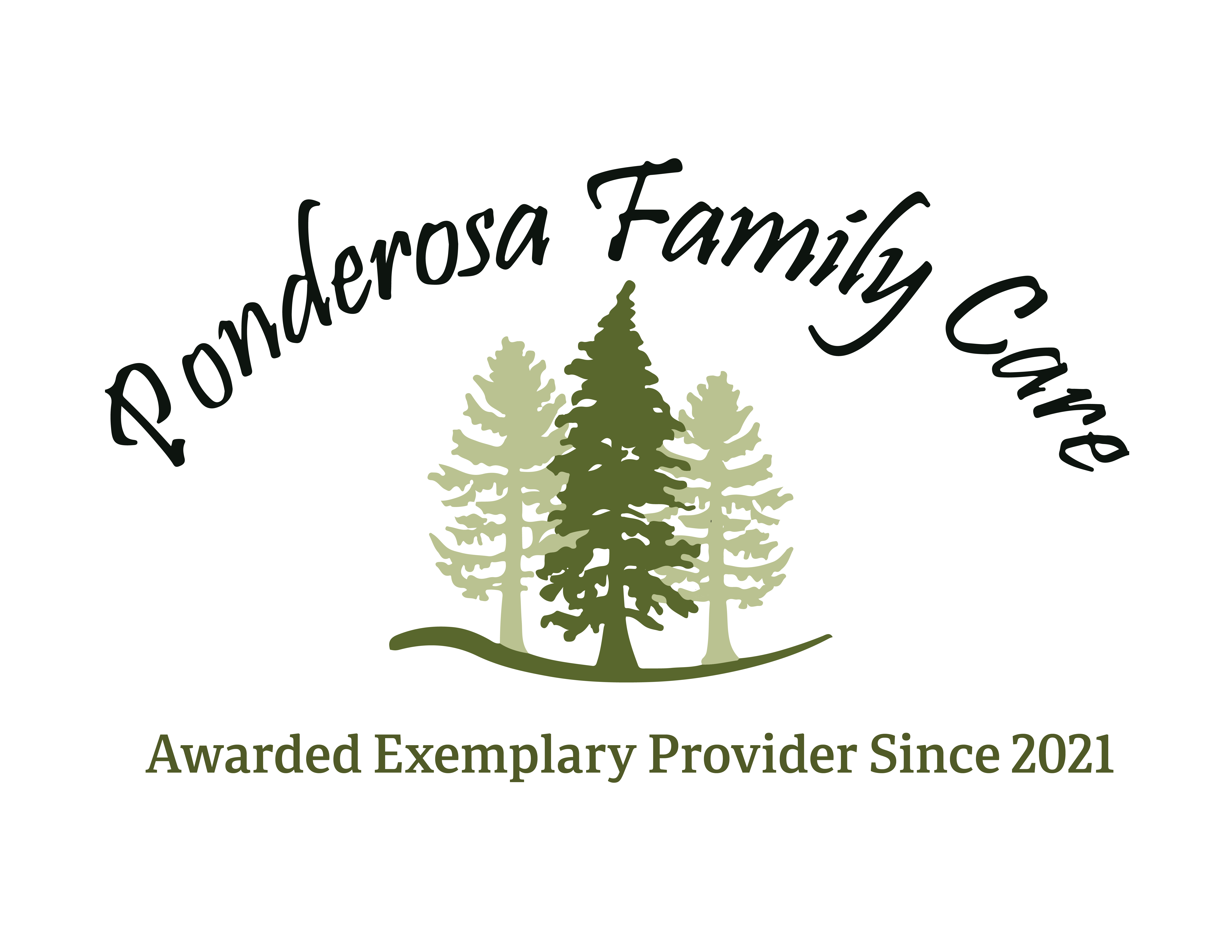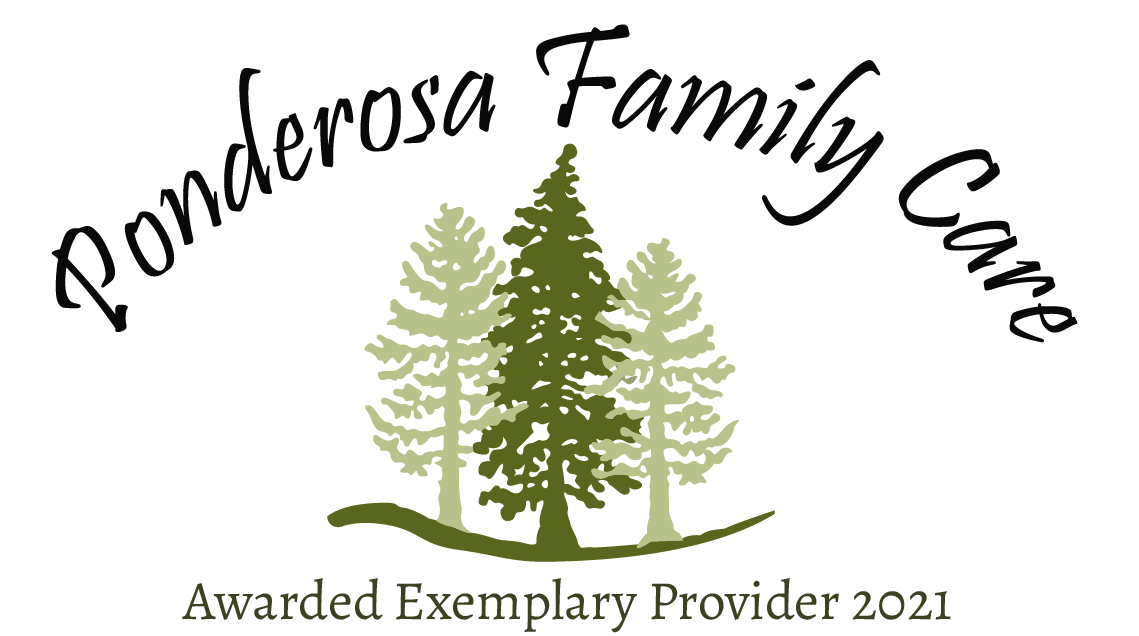Education
Interested in learning with us?
What kind of education does Ponderosa provide?
Ponderosa Famiy Care plays a key role in training Doctors, Physician Assistants, and Nurse Practitioners in Rural Health Care, a track mandated by the Arizona Legislature. During the mid-1990s the Legislature responded to a growing shortage of rural doctors by authorizing training in rural medicine.
Problem is, there are no medical schools in rural Arizona. Until now.
The University of Arizona (UofA) has partnered with Ponderosa Family Care and the MHA Foundation to develop this whole new type of medical school experience. The group wrote a new curriculum designed to ensure doctors can thrive in a rural setting. A rural doctor’s experience differs greatly from an urban doctor’s, said Dr. Alan Michels.
Rural doctors create a relationship both with the patient and the community.
“My wife and I chose this rural lifestyle,” says Dr Michels, who savors the pleasures of living in a small community



Dr Michels encourages students to take part in community events for the student to understand thier patients better. Already the four UofA students, plus a student from Flagstaff, have met with residents and leaders of Payson to better understand what the community needs from its health care providers. Our students even participated in the Tonto Basin evacuations during the Bush Fire.
To create the curriculum, Michels and his partner, Dr. Judith Hunt, joined with Dr. Jonathan Cartsonis, director of the UofA medical school’s Rural Health Professions Program and the MHA Foundation. The group went through the complex accreditation process, then finalized the construction of the Main Street clinic to bring the program to Payson.
The first group of students arrived in March 2020 and immediately helped operate with the COVID-19 testing blitz for Rim Country residents.
The students work hand in hand with Ponderosa Family Care’s staff. Michels and Hunt, along with Physicians Assistants Gerilyn Trulove and Michael DeMack.
Telemedicine plays a vital role in the curriculum. The new clinic has large touch screens in each examination or procedure room. Through technology, the students and staff can confer with experts to address complex medical issues that now require a drive to Phoenix.
Dr Michels feels telemedicine allows everyone to expand their knowledge, even him.
Dr Michels recalls one long-term patient who suddenly started having problems that made no sense. Michels consulted with a specialist through telemedicine, who suggested a test that Michels had not considered. This allowed Dr Michels to treat the patient more effeciently.
Putting the patient first lies at the heart of the new rural curriculum.
Each student has a cohort of patients they follow through appointments, tests and even surgery to ensure the patient has ample support.
“It builds a solid relationship,” says Dr Michels.


